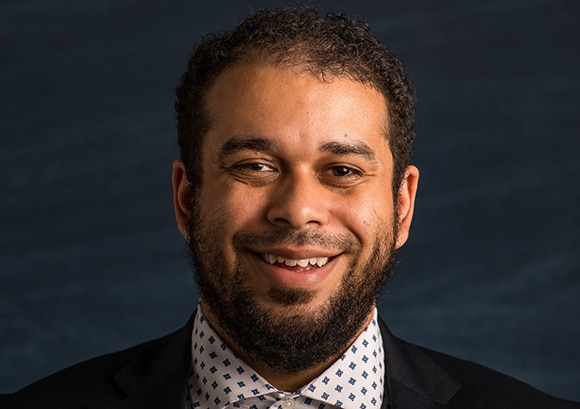Town, city, county, and state governments across Washington must stop relying on an unjust, inequitable, and ineffective array of fines and fees to maintain the criminal legal system. These fines and fees add a huge price tag to people’s punishment for minor traffic and municipal code violations, misdemeanors, and felonies. Ultimately, they effectively criminalize poverty. The use of these punitive fines and fees, also known as legal financial obligations (LFOs), as a source of revenue for court operations disproportionately impacts Black, Indigenous, and People of Color (BIPOC) and people with lower or no incomes.
Collecting LFOs from Washingtonians with little or no ability to pay exploits and harms thousands of people in our state each year, according to a recent report by the Vera Institute of Justice, “The High Price of Using Justice Fines and Fees to Fund Government in Washington State.” This apparatus not only strips people of their ability to live life to their fullest potential and have the opportunity for economic security, but it also compounds the racist and classist structures of the broader legal system.
The Vera Institute’s new report shines a much-needed light into this hidden and deeply inequitable system and documents how LFOs are actively harming our communities and failing to deliver their intended outcomes. For example:
- Fines and fees are expensive and overly burdensome for BIPOC and people with limited or no incomes. With added fees and/or late penalties and interest, these costs can easily add up to thousands of dollars or more, creating devastating financial pressures on defendants and their friends and families. Further, the crushing financial damage often associated with LFOs creates or deepens other traumas for residents caught up in the legal system — from declining health outcomes to homelessness.1 The financial, legal, time, and health burdens2 that fines and fees place on people can be insurmountable. And because BIPOC communities and people with low incomes are more likely to be heavily policed, to receive citations, or to be fined, they are also more likely to experience these severe and unfair financial impacts.
- Criminal legal fines and fees are an incredibly unreliable source of revenue. Millions of dollars in LFOs go uncollected each year because they are disproportionately levied on those who have little or no way to pay them. All told, unpaid debt tied to LFOs in Washington state amounts to at least $2.5 billion. As a result, actual collected revenues from criminal legal fines and fees amount to a mere 0.68% of the total budget in the typical Washington state jurisdiction surveyed in the report. That small amount of usable revenue comes at a large cost to the well-being of communities across Washington state.
- Reliance on fines and fees revenue creates perverse incentives to extract wealth from communities that are already under-resourced. Local governments in Washington are largely responsible for raising the majority of revenues needed to keep their courts running. This creates a pernicious incentive for cash-strapped localities to levy punitive LFOs as often as possible simply to maintain funding for daily court operations. However, attempts to extract ever more wealth from those with little or no financial resources will always fail to generate the sufficient resources for essential court functions. And increasing such a deeply inequitable source of funding serves only to exacerbate the harms inflicted upon residents ensnared in the legal system in the first place.
It’s important to note that Washingtonians with disabilities are also disproportionately harmed by LFOs.3 Monetary sanctions cause additional hardships, injustices, and health risks for people with disabilities who have unpaid fines and fees.4 Legislators must consider the impacts of fines and fees on people with disabilities when reforming LFOs.
The Vera Institute’s report, “The High Price of Using Justice Fines and Fees to Fund Government in Washington State” shines a much-needed light into this hidden and deeply inequitable system and documents how legal financial obligations harm communities and fail to deliver their intended outcomes.
Washington lawmakers must take action to reform LFOs in order to repair the immense damage they continue to wreak on communities, and to create a more equitable, efficient, and well-funded state and local court system. Two important measures, House Bill (HB) 1412 and Senate Bill (SB) 5486, were introduced by state lawmakers earlier this year that would begin to do so. Some key measures from HB 1412 and SB 5486 are:
- Eliminating mandatory fees and interest on restitution for people with limited or no ability to pay;
- Placing a limit on the duration of owing fines and fees based on financial hardship; and
- Giving greater discretion for judges to consider defendant’s ability to pay and one’s financial situation.
These bills are important to providing greater legal and economic protections to people with limited or no incomes. Enacting these important policies should be a top priority for advancing racial and economic justice when the legislature reconvenes in January 2022.
